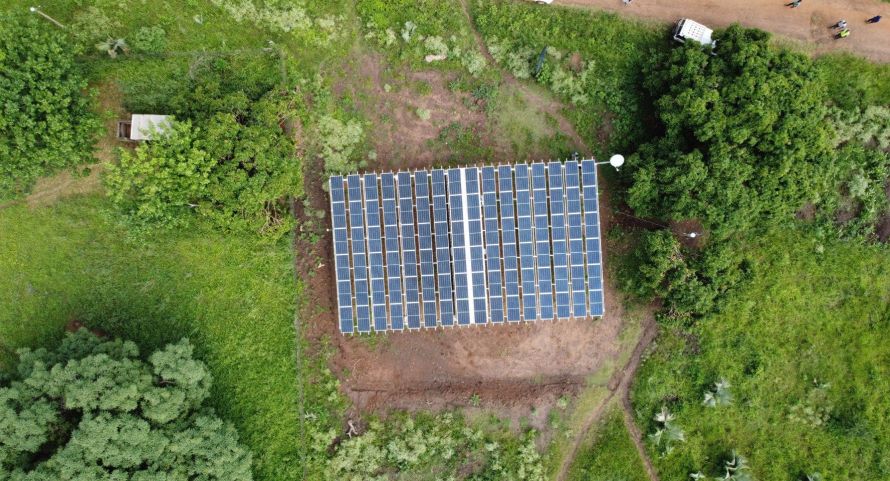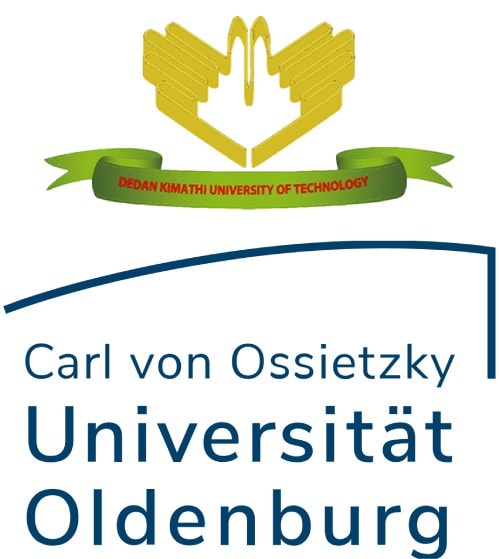Open source data loggers for renewable energy

The challenge
Many rural regions in sub-Saharan Africa are far from urban centers and are often difficult to reach. This makes it difficult to collect performance data on site, as well as to maintain and monitor PV, wind, and biogas plants, and solar-based equipment such as pumps, mills, and dryers. This makes data acquisition systems, so-called data loggers, all the more important. Using sensors, these record and transmit data. These can then be evaluated and analyzed, leading to maintenance teams being commissioned proactively. The problem: High-quality data loggers are often very expensive, but the cheaper data loggers based on open source are not precise enough or have limited configurability.
The goals
For this reason, Dedan Kimathi University of Technology (DeKUT) and the Institute of Physics at the University of Oldenburg (UOL) want to give educational institutions, small businesses or (development) organizations access to economical and reliable data logging systems. Through an intensive exchange of experience, they want to reduce the time required to adapt open source-based data loggers – and thus the costs. This would make such data loggers affordable even for small projects and initiatives.
The partners
A common focus of the Center for Biomass Energy Studies (CBES) at DeKUT and the Institute of Physics at UOL is the expansion of renewable energy systems. The Institute of Physics has been developing open source data acquisition systems. DeKUT has a long history of research on renewable energy and its impact on Kenyan society. In this context, it is also working on the development of open source data loggers.
Approach
The partners want to share their experiences to accelerate the learning curve in data logger development. Together, they want to improve data loggers developed at UOL so that they can be replicated in Kenya. In addition, data loggers will be adapted so that DeKUT can use them for their current applications. The use of the data loggers will then be validated and updated documentation will be produced.
To this end, the partners identified use cases at their kick-off workshop on which the data logging systems will be tested. These include biodigestion and photovoltaic systems as well as solar dryers for food.
In the next step, the partners adapted the hardware and optimized the necessary software so that it could be easily configured. They then installed data loggers to test them in operation. Finally, the partners will document their findings and make them available to the public on open educational platforms.
With open source data loggers, even small renewable energy projects can collect data cost-effectively
Skills
Dedan Kimathi University of Technology (DeKUT), University of Oldenburg (UOL)
01/10/2022 - 28/02/2023



